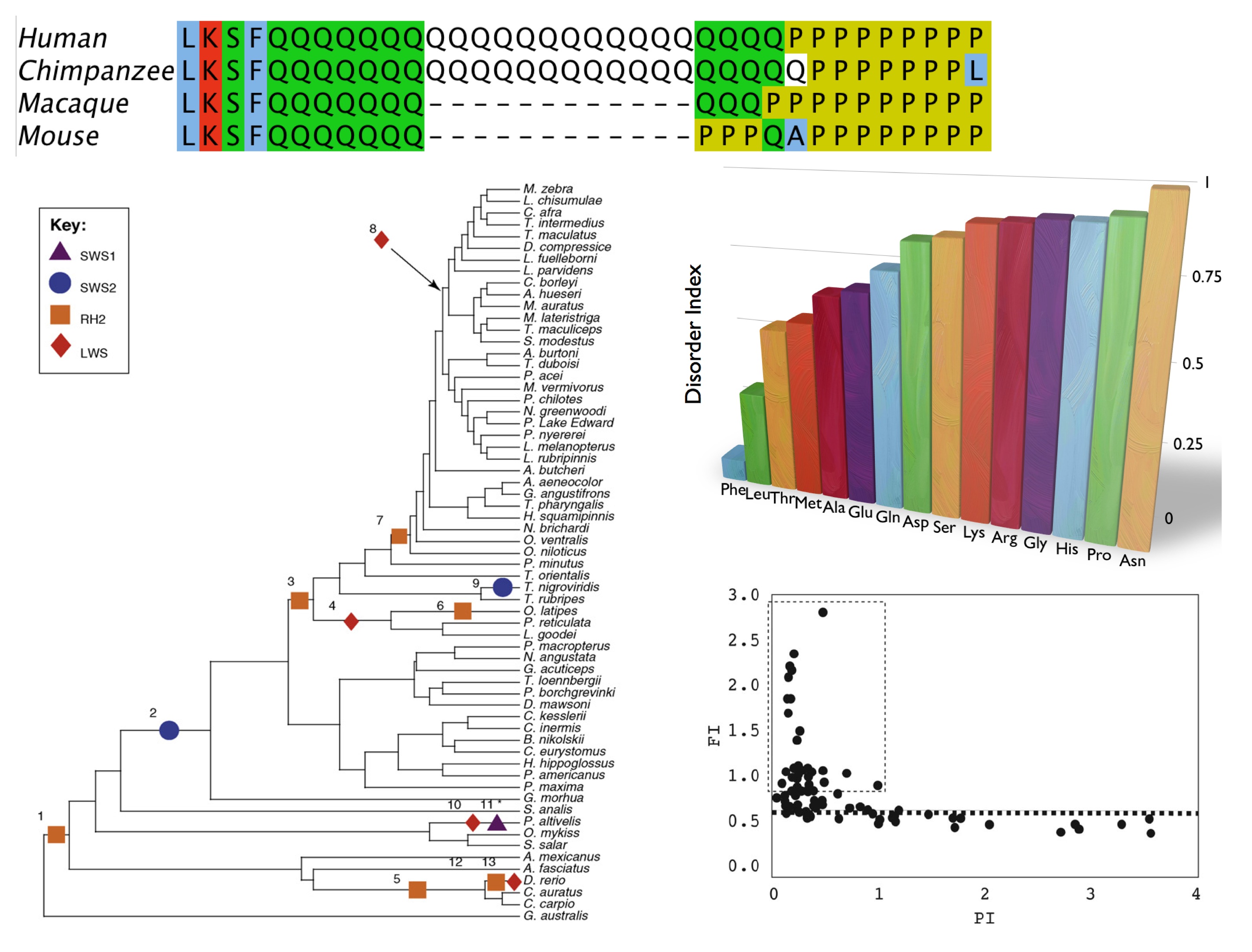五條堀 淳 講師
自然人類学・分子進化学・集団遺伝学

五條堀 淳
講師
| 研究分野 | 自然人類学・分子進化学・集団遺伝学 |
|---|---|
| 研究室ホームページ | |
| Google Scholar | |
| ResearchMap | |
| インタビュー |

ヒトという種がどのように成り立ったのか?という疑問に対して、2つのアプローチを考えています。そのアプローチとは、「ヒトの種特異的形質の進化を理解する事」と、「アフリカに出現したヒトの世界への拡散の過程を理解する事」の2つです。これらの進化の過程を主に分子進化学的手法と集団遺伝学的手法を用いてDNAレベルで解析します。現在は遺伝子のモチーフの1つである単一アミノ酸リピートに着目して解析を行っています。単一アミノ酸リピートが原因となる遺伝病には、中枢神経系と骨格形成に病変が出るものが多く知られています。これらの病変はヒト特異的形質である脳の大容量化と直立2足歩行に関連する事から、単一アミノ酸リピートの進化がヒトの進化を理解するカギになりうると期待しています。また、日本国内や国外で様々な現代病を含む遺伝病の原因遺伝子のマーカーを探索するプロジェクトが進行中ですが、そこから生まれる大量のヒト遺伝的多型のデータを活用する事で、医学的データの人類進化学への還元を目指します。
さらには人類進化に限らず、霊長類の進化、ほ乳類の進化、脊椎動物の進化と、視点を広げての解析も行っています。
代表的な論文、著書等
- 1.Mizuno F, Gojobori J* et al. (2021) Population dynamics in the Japanese Archipelago since the Pleistocene revealed by the complete mitochondrial genome sequences. Scientific reports 11:12018-12018.
- 2.Gojobori J.* (2020) Rare allele sharing in the East Asian. Archivio per l’Antropologia e la Etnologia 2020:53–754.
- 3.Nishiyama KV., Satta Y. Gojobori J*. (2020) Do Genes Associated with Dyslexia of Chinese Characters Evolve Neutrally? Genes 11:658.
- 4.Gojobori J* et al. (2015) mtDNA diversity of the Zapotec in Mexico suggests a population decline long before the first contact with Europeans. J Hum Genet 60: 557–559.
- 5.Gojobori J*. (2012) A commentary on the history of human populations in the Japanese Archipelago inferred from genome-wide SNP data with a special reference to the Ainu and the Ryukyuan populations. J Hum Genet 57, 753–754.
- 6.Yamamichi M, Gojobori J, Innan H*. (2012) An autosomal analysis gives no genetic evidence for complex speciation of humans and chimpanzees. Mol Biol Evol 29, 145–156.
- 7.Gojobori J and Ueda S*. (2011) Elevated evolutionary rate in genes with homopolymeric amino acid repeats constituting nondisordered structure. Mol Biol Evol 28:543-550.
- 8.Gojobori J and Innan H*. (2009) Potential of fish opsin gene duplications to evolve new adaptive functions. Trends Genet 25:198-202.
- 9.Gojobori J, Tang H, Akey JM, Wu CI*. (2007) Adaptive evolution in humans revealed by the negative correlation between the polymorphism and fixation phases of evolution. PNAS 104(10):3907-3912.

